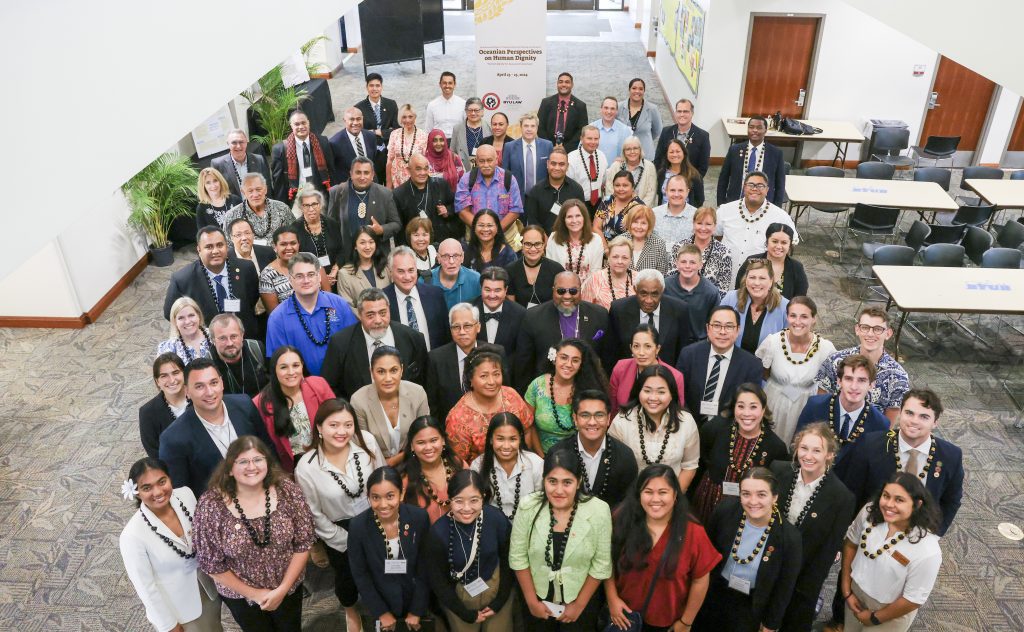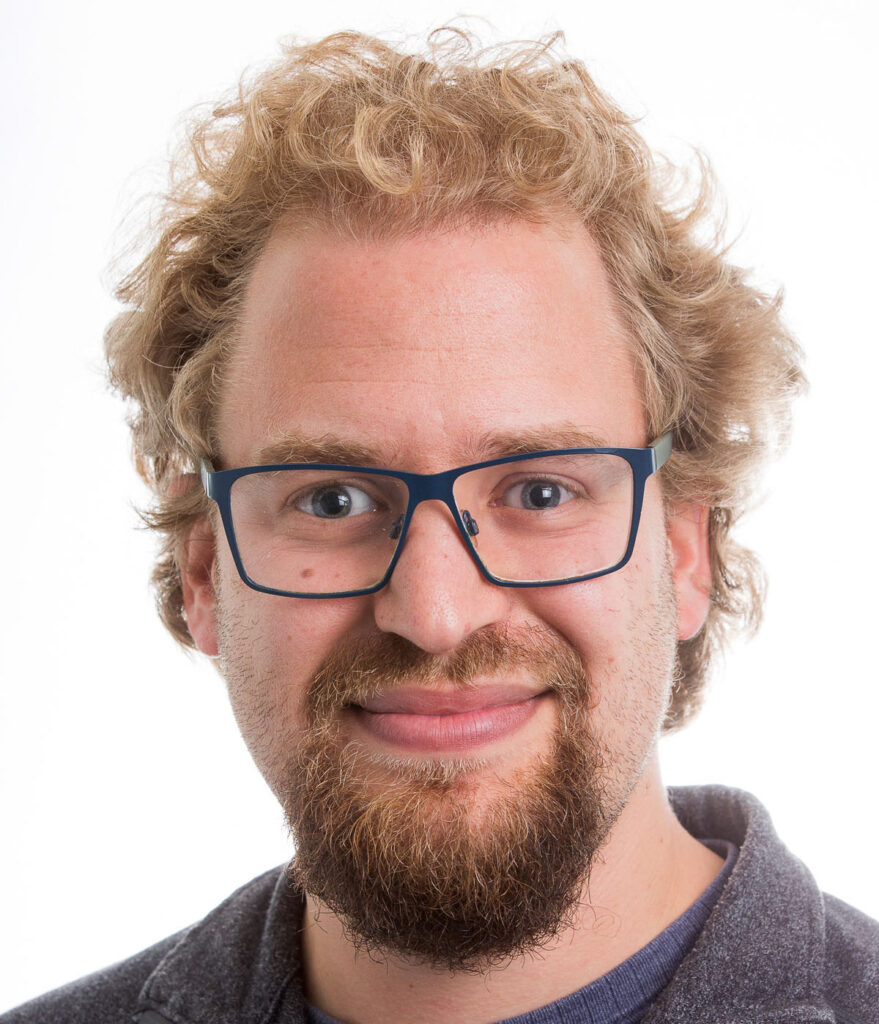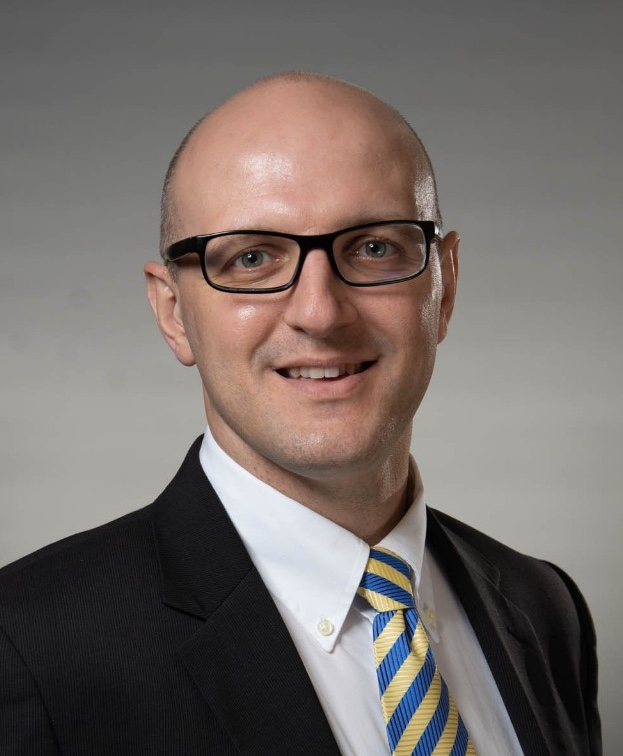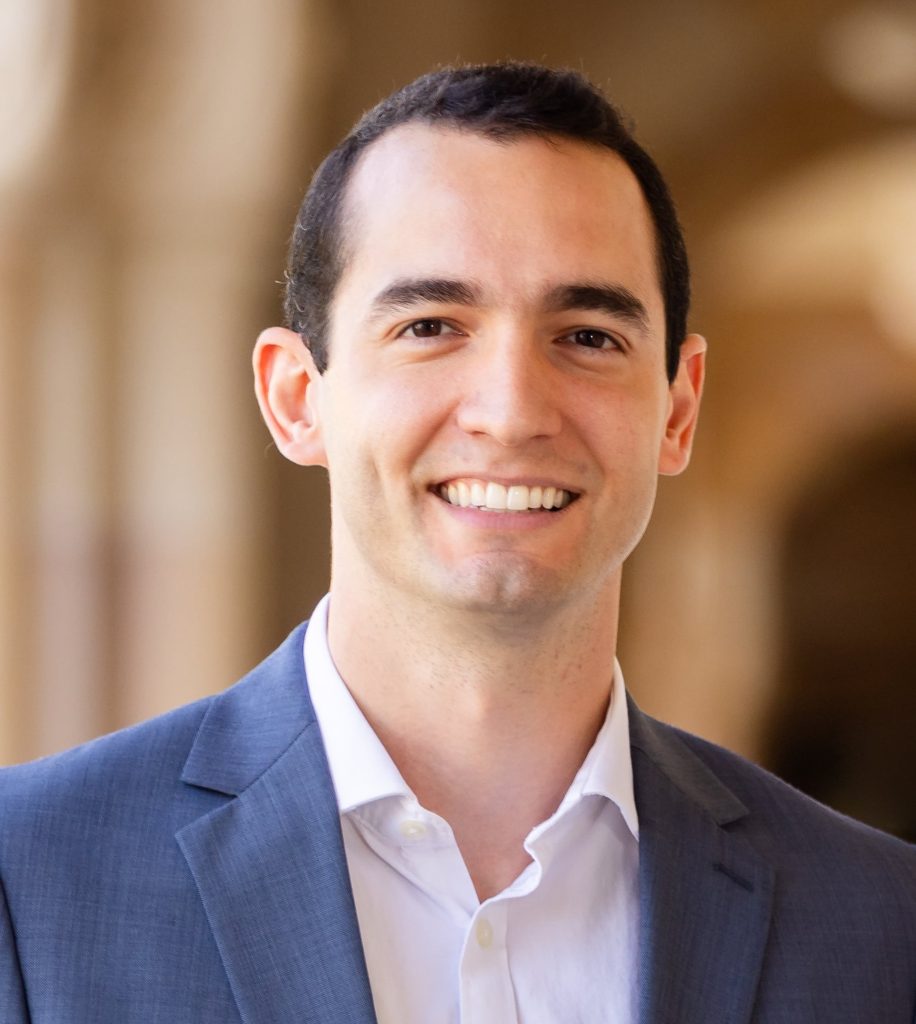Oceanian Perspectives on Human Dignity

From 23 to 25 April 2024, the ICLRS, along with BYU–Hawaii and the BYU–Hawaii Religious Freedom and Human Dignity Initiative, cosponsored the second annual conference dedicated to Asia-Pacific perspectives on human dignity. Held at BYU–Hawaii in Laie, Oahu, Hawaii, the 2024 conference, “Oceanian Perspectives on Human Dignity,” featured insights on human dignity from scholars, students, government leaders, religious leaders, and civil society actors from various Oceanian countries. One purpose of the conference was to inform government leaders, policymakers, civil society leaders, and other decision-makers, as they seek to find new and better ways to address the unique challenges of Pacific communities.



